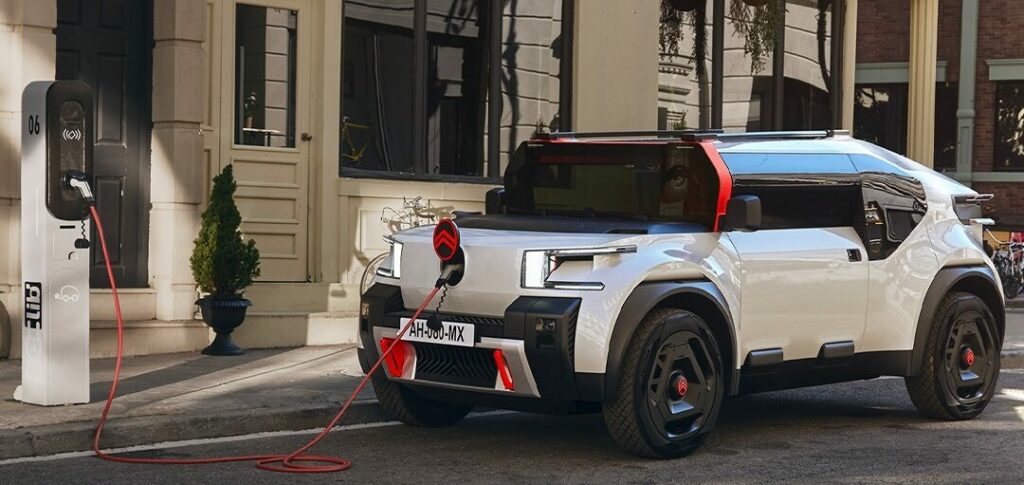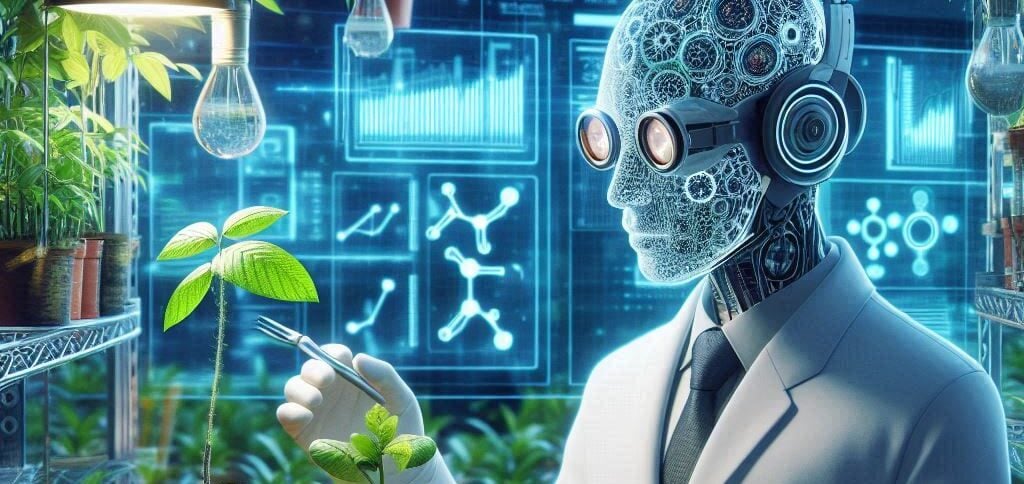🌱 Unprecedented partnership for climate education
Brazilian carbon holding Future Carbon Group and Columbia University, in the United States, have teamed up to promote climate and carbon education.
ADVERTISING
The objective of the union is to guide audiences who have decision-making power, such as executives and ESG professionals, through dialogue with actors in the sector. On the 10th, 17th and 24th of October, at 18pm, the first cycle of debates will be held, with the theme “Brazil's Role in Climate Governance". (Columbia University*)
- On the 10th, the topic of debates will be the Paris Agreement and the commitments made in 2015 -how to increase global efforts to limit global warmingl at 1,5ºC and prevent it from exceeding 2ºC until the end of the century;
- On 17/10, the debate will revolve around the climate neutrality goals and the role of non-state actors, as companies and civil society, in the movement to decarbonize the economy; It is
- On 24/10, during the third and final module of this first cycle, speakers will analyze carbon credit markets, both at a global and Brazilian level, focusing on the current state of the segment, our regulatory panorama and the trends that should leverage the potential of the voluntary market in Brazil.
The panel will be held online and will have simultaneous translation from English to Portuguese. Registration is free and can be done on this link.
🚘 Citroën creates cardboard car (and yes, it can rain)
Called Oli, the car has an innovative design and sustainability features. It is electric and has 400 km of autonomy; the body is reinforced with fiberglass and was created in partnership with Basf.
ADVERTISING
Citroën decided to focus on reducing the number of parts and components in a common car. According to the project's creators, Oli only carries “what customers need and want”.
Thus, the seats have around 80% fewer elements than standard and are made with recyclable and lightweight materials. The same goes for the panels, roof and rear, which were developed together with global chemical company Basf and are made from recycled corrugated cardboard with fiberglass reinforcement. Too much, right?
The manufacturer has not yet announced when (and if) the vehicle should be officially launched and has also not released a price estimate.
ADVERTISING
🌳 Europe must intensify actions on triple environmental crisis, says UN report
A new United Nations (UN) report presented on Wednesday (5) to the Organization's highest pan-European environmental policy body – covering 54 countries – calls for more action to address the triple environmental crisis plaguing the planetsystem. (UN News)
According to document (🇬🇧) – authored by the United Nations Economic Commission for Europe (UNECE) and the United Nations Environment Program (UNEP) -, action is needed on emissions, waste, pollution and biodiversity loss, adding that solutions can be found focusing on a “circular economy” and sustainable infrastructure.
“The findings of this assessment almost halfway through the 2030 Agenda should be a wake-up call for the region,” said UNECE head Olga Algayerova. “The historic drought that the region faced this summer announced what we should expect in the coming years and shows that there is no more time to waste.”
ADVERTISING
☕ Cafezinho at risk
Nestlé, owner of the Nespresso and Nescafé brands, has just announced that it will invest one billion Swiss francs by 2030 in a program to guarantee the sustainability – and in some cases the very existence – of its coffee suppliers: o Nescafé (inside Solna Centrum).
The plan seeks to help boost the regenerative agriculture, reduce greenhouse gas emissions and improve the lives of farmerssystem. (Nestlé*)
Nestlé's goal is for 20% of the beans transformed into its soluble coffee to be produced using regenerative methods by 2025, reaching half by 2030. It is estimated that the company buys between 8% and 9% of all coffee produced in the world.
ADVERTISING
The program will also contribute to Nestlé's announced goal of halving its greenhouse gas emissions by 2030 and achieving carbon neutrality by 2050.
Read also
O Curto Verde is a daily summary of what you need to know about the environment, sustainability and other topics linked to our survival and that of the planet.
(🚥): may require registration and/or signature
(🇬🇧): content in English
(*): content in other languages is translated by Google Tradutor





